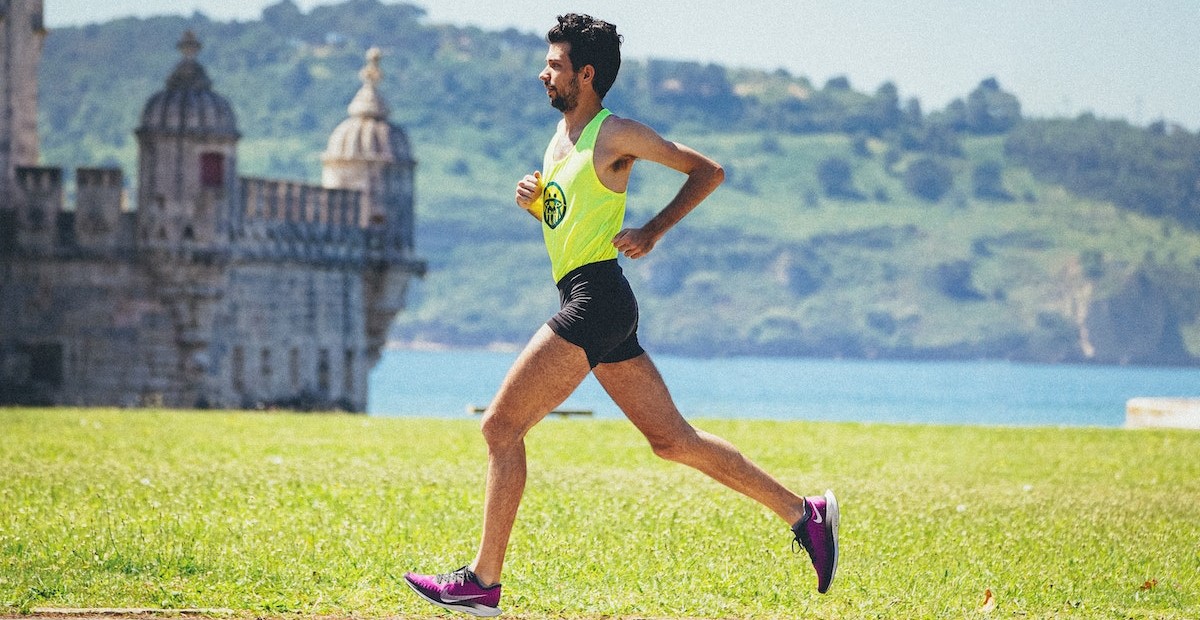
Contents
Using race pace techniques, tempo run methods and cross-training movements to run a 5k in under 25 minutes
Coming first in a race, winning a rugby match, scoring a goal in hockey – what do these have in common?
They feel fantastic.
Winning is improving, and improving is beating. Beating opponents, schedules and times; the feeling of development is timeless, and a key basis for progressing even further. When it comes to running that feeling is so easily obtained you’d be foolish not to try. But it’s not just reaching that end goal emotional reward that feels good, it’s about the path you take and the things you learn on the way, too.
With the right training plan, race time training, target race pace and interval sessions, you could be engaging in goal-scoring activities wherever you like, whenever you like. So, if you want to run that 5k in a brilliant time of say… I don’t know – 25 minutes? Then take even less time to read how to.
The facts
In order to run a 5k in under 25 minutes, you need to be running at a pace of 8:03 minutes per mile or 5 minutes per kilometre.
Sound hard?
It should. Progression isn’t easy but if you know the answers to the test before you even try then I think we can agree it’s a little easier.
So what do you have to do beyond knowing your target race pace?
Training plan
Target pace, goal race pace, and average pace – they are all important factors and all take a bit of planning. Your plan could include things like tempo runs (to improve cardiovascular acclimatising; interval training helps to adjust your body to new paces), speed training (like hill sprints, to build your resting heart rate, muscular endurance and Vo2 max), and strength training – increasing your stamina, endurance and reducing aerobic capacity requirements.
It’s all in the detail – do the research to understand training techniques more and begin to form your training schedule today. From an easy pace in training to the right time on race day you’ll want to make sure you plan properly, with rests, diet and training orders in mind.




The maths
If you find yourself training a lot, discover that your running shoes have worn down, and all that sweat seems to be for nothing then you may want to be more measured. With an approach to fitness that’s calculated, you can reflect on times and strategise development. Yes, you should look at your times in speed sessions and mileage for long runs but you can also use a running pace calculator to make those sessions even more precise.
Check out a ‘running pace calculator’ online – they’re plentiful and easy to use so get to it and calculate your win!
Conclusion
Not much else to say – do the research, make a schedule and run towards a faster 5k time now. Fast pace, slow pace – it doesn’t matter. As long as you beat those times and embrace that feeling you’re already a winner.
FAQs
Why is speed work important?
Putting your body through stress allows it to acclimatise quicker – to be reductive. Look into the biological effects of speed work now.